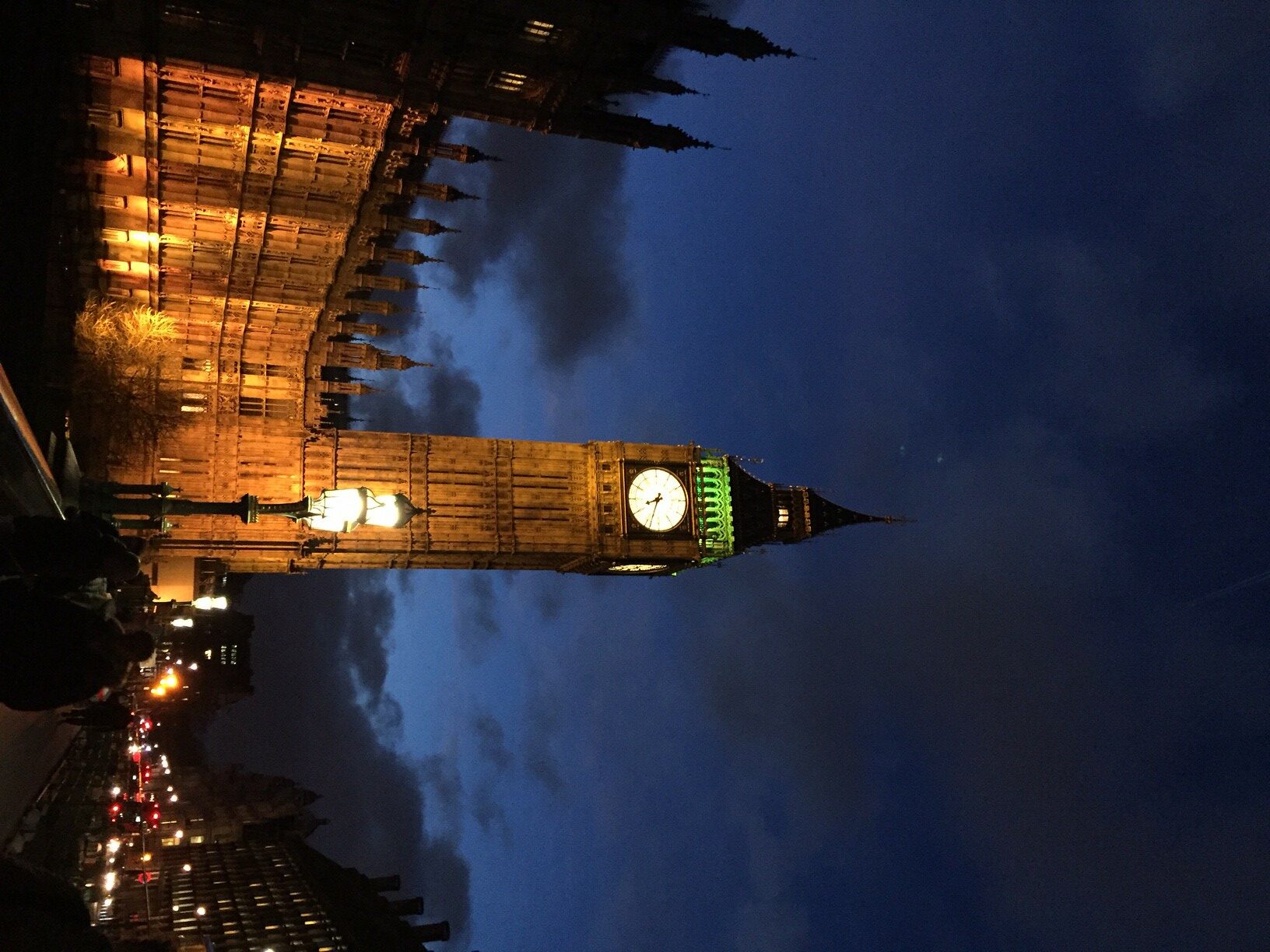
In case you missed it, Alex Stojanovic has written a fantastically clear blog on Brexit and the Customs Union.
In it he makes the following five observations:
- The UK leaves the EU Customs Union when it leaves the EU
- The EU Customs Union is not the same as Turkey’s customs union agreement
- The UK could negotiate a customs union as opposed to a free trade agreement
- A customs union does not solve the issue of a hard bard
- A customs union restricts an independent trade policy in the areas it covers
Although I’ve seen #5 argued differently elsewhere, the really important point in Alex’s list is #4: ‘A customs union does not solve the issue of a hard border’.
You may recall, that the PM’s Lancaster House speech in January committed to taking the UK out of the EU Customs Union, but only promised to deliver ‘as frictionless trade as possible’.
But it’s not just customs rules and procedures that determine border checks. It’s our membership of the EU Single Market that allows goods to flow across borders without checks. Because the UK is currently in the Single Market, there’s no need to check if goods comply with chemical, safety or other regulations. A good moving from the UK to another EU country is assumed to comply.
So if we have a UK-EU Customs Union, it would cover tariffs, rules-origin requirements and other trade procedures, such as Authorised Economic Operator status.
But if there is no post-Brexit regulatory cooperation with the EU, how would EU customs agents know that any goods coming to the EU27 from the UK complied with the rules and regulations of the Single Market?
They wouldn’t. This is the situation Turkey is in: it has a hard border with the EU despite being in the Customs Union.
It’s also important to point out that border controls are necessary for countries in the Single Market, but not in the EU Customs Union, including Norway and Sweden.
Which means the UK can’t have ‘as frictionless as possible’ trade with the EU unless we maintain elements of both the Customs Union and the Single Market.
This is a tough ask politically, not just in the UK, but in the EU as well.
It also highlights why the Irish border is such a test case for Brexit.
So far other test cases for Brexit, such as pulling out of Euratom in the Article 50 notification, is crashing against the rocky shore of reality.





